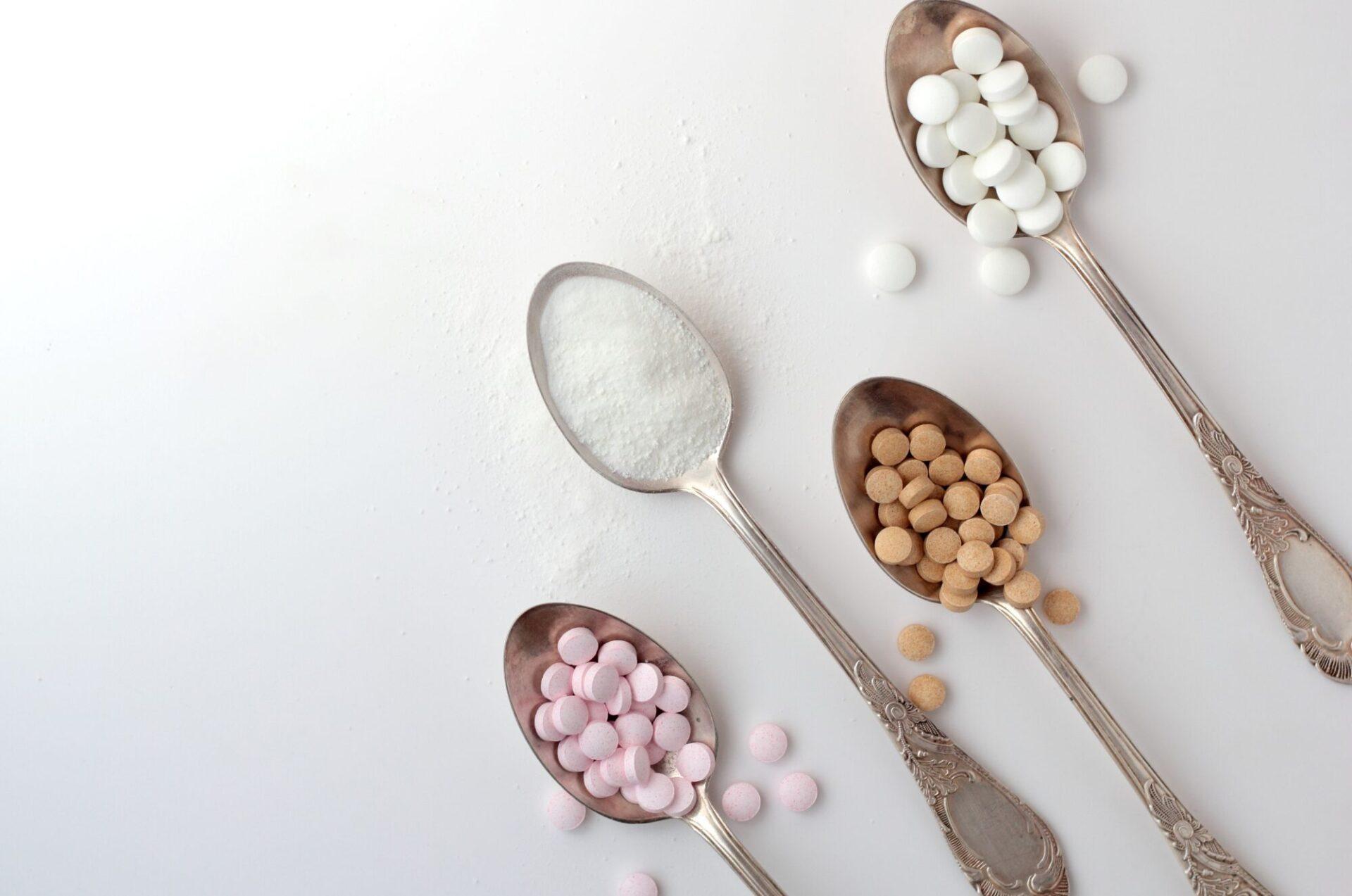Hyaluronic acid (HA) has become a skincare essential for anyone seeking smooth, hydrated, and radiant skin. Nevertheless, not all HA formulas work the same way, since the molecular weight determines how deeply they hydrate. Here, readers will learn more about the types of HA, but a dermatologist can indicate which one is best for its patient. Doctify helps patients find dermatologists and skincare experts who can recommend suitable HA treatments and products for their skin type.
What is hyaluronic acid and how does it work?
HA is a naturally occurring sugar molecule found in the skin, eyes, and joints. It binds to water molecules, holding up to 1,000 times its weight in moisture. In skincare, HA works as a humectant, attracting and locking moisture into the skin for improved elasticity and smoothness.
Understanding molecular weight in hyaluronic acid
The molecular weight is the size of the HA molecule, which determines how deeply it can penetrate the skin. It exists different molecular weights, each weight provides different hydration effects:
- High molecular weight HA: sits on the skin’s surface, providing immediate plumpness and acting as a barrier to help in reducing water loss.
- Low molecular weight HA: penetrates deeper into the dermis for long-lasting hydration and elasticity.
- Very low molecular weight HA: reaches deeper layers to support collagen and improve firmness over time.
Why combining different HA types works best
Combining both high and low molecular weight HA optimises: skin plumpness, barrier protection, long-term skin hydration, and anti-aging benefits by allowing for both surface-level plumping and deeper skin penetration. Multi-weight formulations deliver layered hydration — surface moisture plus deeper replenishment. Many advanced serums and injectable treatments use this approach to maximise results.
Choosing the right hyaluronic acid serum
Here are some recommendations that will help choose the right HA serum:
- Look for serums that list multiple HA types or “multi-molecular” formulas on their ingredient label.
- Lightweight serums absorb easily and layer well under moisturiser or sunscreen.
- Avoid products with heavy alcohol or fragrance, which can counteract HA’s hydrating benefits.
An important tip: consistent daily use gives best results, since HA works cumulatively.
Professional treatments that use hyaluronic acid
Nowadays, there are some professional treatments that have HA in their components, which are frequently customised to skin age, hydration level, and goals of the patient. Dermatologists may recommend these in-office procedures for deeper hydration and rejuvenation, such as:
- Hyaluronic acid skin boosters (e.g., Profhilo): are injectable treatments that enhance overall hydration, elasticity, radiance, and skin texture by using a soft, gel-like form of HA. Unlike fillers, skin boosters are not used for creating volume, but for deep, long-lasting hydration and to stimulate the skin’s own repair mechanisms.
- Microneedling with HA serums: is a procedure that combines microneedling’s collagen-stimulating micro-injuries with HA’s intense hydration to improve absorption, stimulate collagen, and enhance skin rejuvenation.
- HA-based fillers: are injectable gels of HA, often used to restore volume, smooth fine lines, give volume, and contour the face while improving hydration. Can last from 6 months to 2 years before being naturally absorbed by the body. Are considered a reversible treatment, because HA fillers can be dissolved with an enzyme called hyaluronidase.
Tips to maximise hydration at home
Below are some tips and advices that will help to maximise hydration at home:
- Apply HA serums to slightly damp skin to lock in moisture.
- Seal with a moisturiser to prevent evaporation (especially in dry climates).
- Stay hydrated internally by drinking water throughout the day, at least 2 liters of water per day.
- Use sunscreen daily (SPF +50) — UV damage accelerates HA breakdown in the skin.
When to see a dermatologist
You may contact a specialized dermatologist:
- If you’re not seeing improvement with over-the-counter HA products.
- If you experience dryness, irritation, or sensitivity from layering actives incorrectly.
For personalised recommendations, visit Doctify to find verified dermatologists offering HA-based skincare advice and treatments.
Conclusion
Hyaluronic acid is a true skincare multitasker — but its effectiveness depends on molecular weight and formulation. The best approach combines low- and high-molecular-weight HA for both surface and deep hydration. Combining both high and low molecular weight HA optimises: skin plumpness, barrier protection, long-term skin hydration, and anti-aging benefits by allowing for both surface-level plumping and deeper skin penetration. Dermatologists may recommend in-office procedures for deeper hydration and rejuvenation, like: hyaluronic acid skin boosters, microneedling with HA serums, and HA-based fillers. We invite you to consult a Doctify dermatologist to choose the right HA product or treatment for their unique skin needs.
Find the right specialist for you. Doctify uses verified reviews so you can make the best decision for your healthcare.

Feel free to consult a dermatologist through Doctify for personalised advice whenever you want, we will be happy to help you! Find the best dermatologist in the United Kingdom or search for the best specialists globally:
- Dermatologist in the United Arab Emirates
- Dermatologist in Germany
- Dermatologist in Austria
- Dermatologist in Ireland
- Dermatology in Australia
Medically Reviewed
Last reviewed on 09/11/2025




